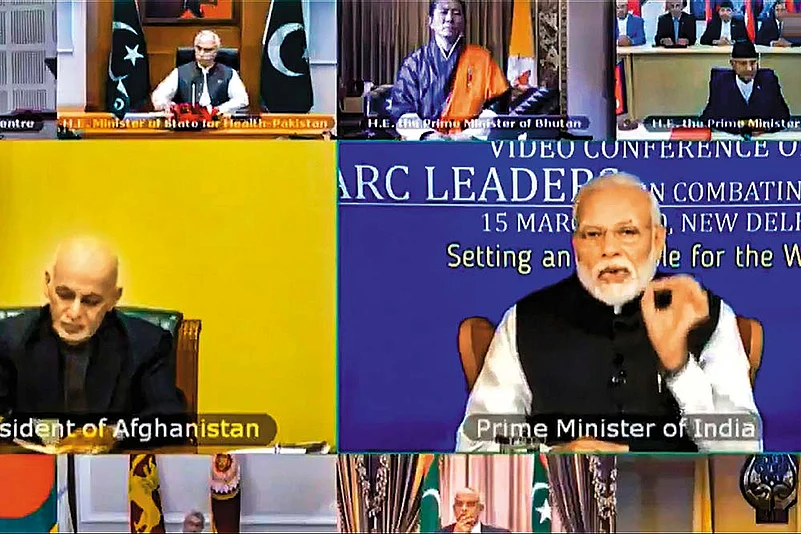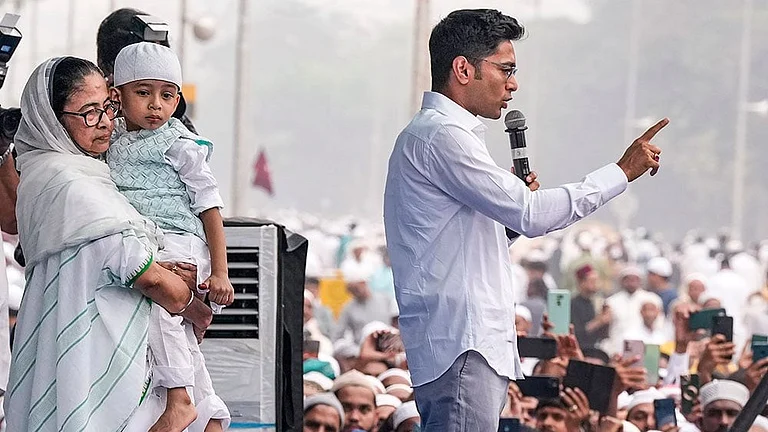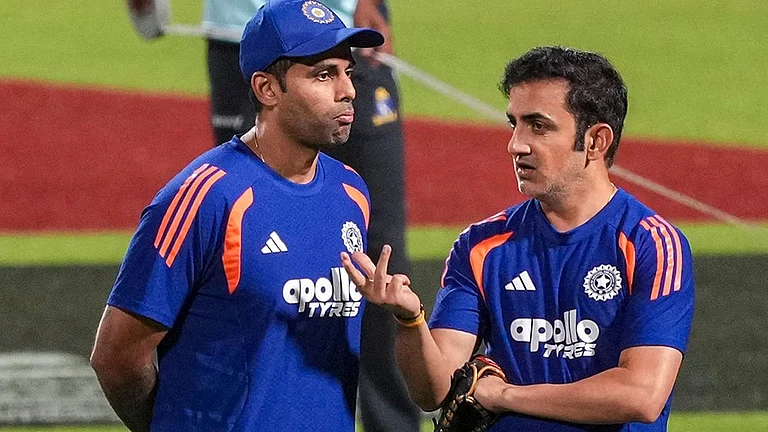Despite sharing a close geographical and culture space, South Asian neighbours seldom rise above petty rivalries to unite against a common challenge. The trend was broken on March 15 when Narendra Modi took the initiative of bringing together leaders and representatives of the eight-member South Asian Association for Regional Cooperation (SAARC) to develop a common strategy to deal with the outbreak of the COVID-19 virus. At a time of global calls for segregation, Modi’s attempt to bring together countries with problematic, if not hostile, ties was seen as a constructive move in the midst of a confusing and panic- stricken atmosphere.
“We are very heartened when we see this,” World Health Organisation (WHO) spokesperson Margaret Harris told CNN-News 18 TV. She added, “This strong regional initiative is a very positive and welcome step”. Praises for the Indian effort also came from the US and Russia. There are now talks of using the SAARC example among G20 countries.
In the video conference with the SAARC leaders to exchange views and share India’s experience in dealing with the pandemic, Modi spoke about various measures taken by New Delhi. From evacuating its nationals from foreign lands and airport screening to travel bans and suspension of visas for outsiders, all pro-active steps were highlighted.
MEA officials pointed out that SAARC countries have remained largely unaffected so far by the virus, but in an integrated world and because of the close proximity some neighbours have with China, a regional effort to deal with the outbreak was essential.
Modi also committed $US 10 million to set up an emergency fund to fight the pandemic and expressed India’s readiness to guide others and share its expertise and expe rience. He also offered India’s online software, a sophisticated system that helps in giving real-time analysis of the situation. A proposal to create a common rese-arch platform to coordinate research on controlling future epidemics in South Asia was also mooted.
Most SAARC countries were represented by their heads of government, barring Pakistan—PM Imran Khan was absent, and it decided to field its health minister instead. Its attempt to raise the situation in Kashmir did not go well with other heads of state at the meeting.
Modi’s decision to choose the SAARC platform—a bloc that has remained moribund since 2015, surprised many and led to speculations in various quarters. While the recent initiative reaffirmed India’s lead role in South Asia, it has led many to wonder whether a more cooperative phase among regional countries was in the offing.


























